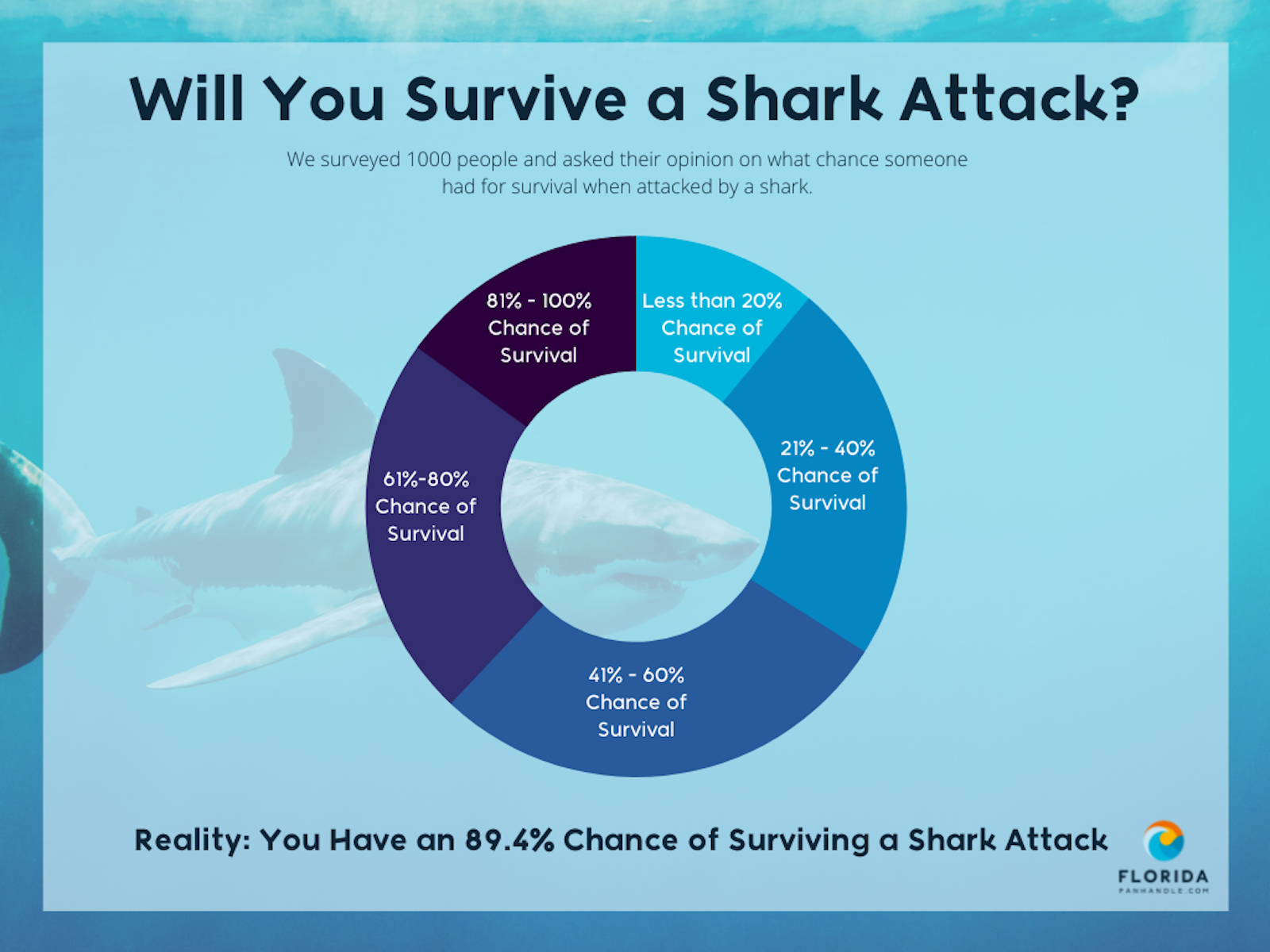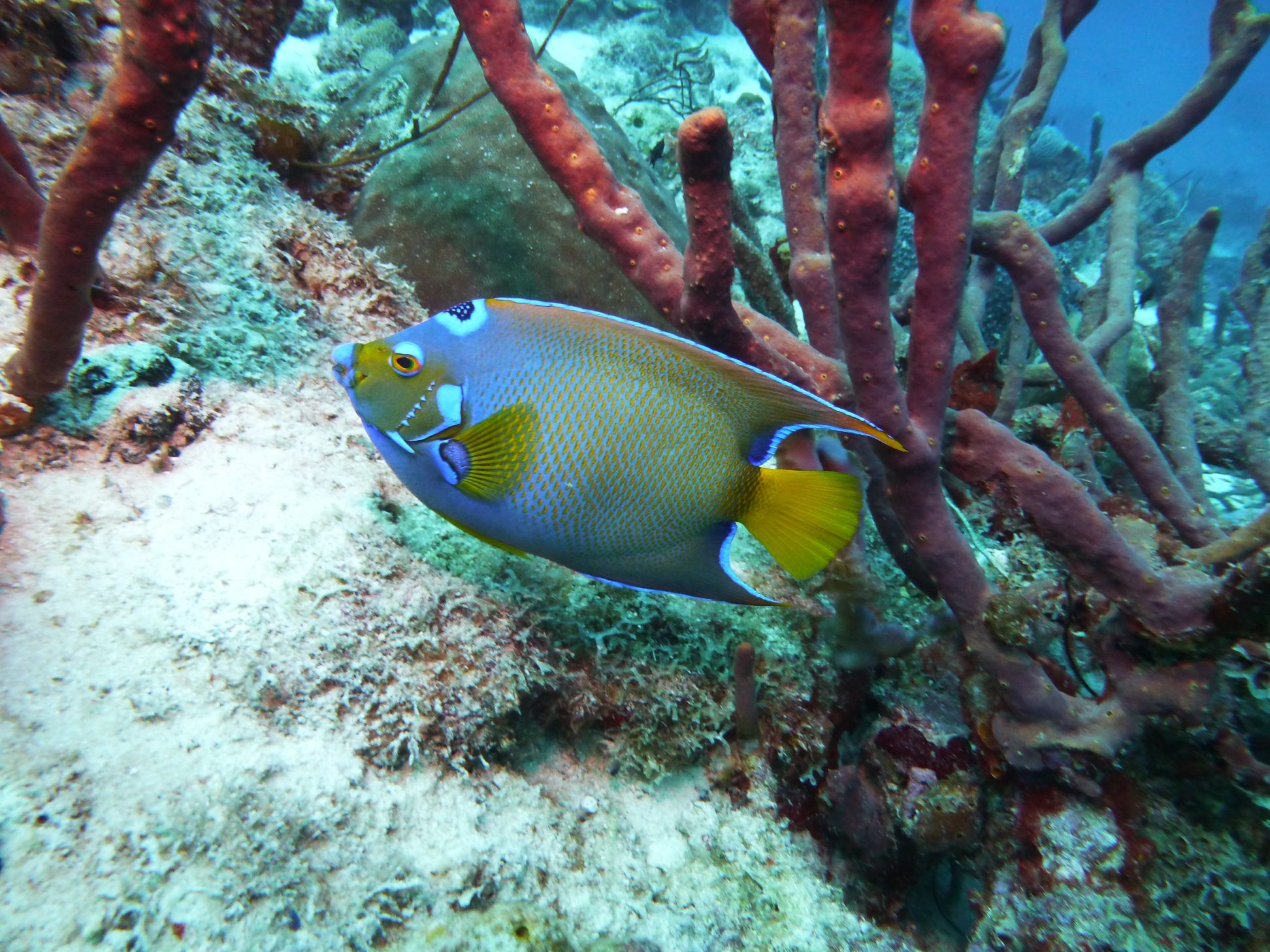So, you're here because you want to dive deep—pun intended—into the world of shark attacks in Bonaire. Let’s face it, sharks get a bad rap, but when something like an attack happens, it’s hard not to sit up and pay attention. While Bonaire is known as a paradise for divers and marine enthusiasts, there have been a few rare but noteworthy incidents involving sharks. But what’s the real story behind these events? Is Bonaire still the safe haven it’s cracked up to be, or is there more to the tale?
Now, before you freak out and start canceling your dream vacation to this Caribbean gem, let’s take a breath and break it down. Shark attacks in Bonaire are incredibly rare, but when they do happen, they make headlines. It’s understandable—sharks are some of the most fascinating yet feared creatures on the planet. So, let’s explore what’s really going on beneath the surface.
By the end of this article, you’ll have a clearer picture of the facts, the myths, and the science behind shark attacks in Bonaire. We’ll cover everything from understanding shark behavior to what you can do to stay safe while enjoying the underwater wonders of this island. So, grab your snorkel or dive gear, and let’s dive right in!
- Kevin Garnetts Net Worth How He Made His Millions 2024
- Whatever Happened To Dottie Perkins My 600lb Life Journey
Here's a quick guide to help you navigate through this article:
- Biography: The Shark's Story
- Bonaire Shark Attacks: The Stats
- Understanding Shark Behavior
- Myths About Sharks
- Staying Safe Around Sharks
- Diving Tips in Bonaire
- FAQ: Frequently Asked Questions
- Conclusion: Final Thoughts
Biography: The Shark's Story
Let’s rewind for a second and talk about our main characters in this story—sharks. These majestic creatures have been swimming in our oceans for over 400 million years, long before dinosaurs even showed up. So, yeah, they’ve been around a while, and they’ve got a pretty impressive resume. But what exactly makes them tick?
Sharks come in all shapes and sizes, from the tiny dwarf lantern shark to the massive whale shark. In Bonaire, you’re most likely to encounter species like the Caribbean reef shark, nurse shark, and even the occasional hammerhead. These guys are the rock stars of the underwater world, but they’re also misunderstood.
- Neal Aronson Roark Capital Subway More 2024 Update
- The Sopranos Cast Net Worth Whos On Top Now Revealed
Shark Data: Meet the Stars
| Species | Size | Diet | Behavior |
|---|---|---|---|
| Caribbean Reef Shark | 6-10 feet | Fish, squid | Curious but cautious |
| Nurse Shark | 7-9 feet | Mollusks, crustaceans | Docile and slow-moving |
| Hammerhead Shark | 10-12 feet | Squid, fish | Shy and elusive |
Now that we’ve met the sharks, let’s get into the nitty-gritty of what’s been happening in Bonaire.
Bonaire Shark Attacks: The Stats
Alright, here’s the part where we talk numbers. According to the International Shark Attack File (ISAF), shark attacks in Bonaire are extremely rare. In fact, there have only been a handful of recorded incidents over the past few decades. But when they do happen, they tend to grab everyone’s attention.
So, what’s the deal? Why do these attacks occur? Well, it’s not like sharks are just randomly swimming around looking for trouble. Most shark attacks are cases of mistaken identity or curiosity gone wrong. For example, if a diver is wearing shiny jewelry or splashing around a lot, a shark might think they’re seeing a fish or some other prey.
Let’s break it down:
- Between 2000 and 2022, there were only 3 reported shark attacks in Bonaire.
- None of these attacks were fatal.
- Most incidents involved divers or swimmers who were in areas where sharks were known to frequent.
Why Bonaire is Still Safe
Despite these incidents, Bonaire remains one of the safest places in the world for diving and snorkeling. The island has strict conservation laws in place to protect its marine life, and local dive operators are highly trained in shark safety protocols.
Understanding Shark Behavior
Now, let’s talk about what makes sharks tick. Sharks aren’t the mindless killing machines Hollywood would have you believe. In fact, they’re incredibly intelligent and curious creatures. They use their senses—like electroreception and smell—to navigate their environment and find food.
Here’s a quick breakdown of shark behavior:
- Sharks have an incredible sense of smell and can detect a single drop of blood in an Olympic-sized swimming pool.
- They use electroreceptors called ampullae of Lorenzini to detect electrical fields emitted by prey.
- Most sharks are nocturnal hunters, meaning they’re more active at night.
Why Do Sharks Attack?
Shark attacks can happen for a variety of reasons, but they’re almost always a case of mistaken identity or curiosity. For example:
- Mistaken Identity: Sharks might mistake a surfer or swimmer for a seal or other prey.
- Curiosity: Sharks are naturally curious creatures and might investigate something they’ve never seen before.
- Defensive Behavior: If a shark feels threatened or cornered, it might lash out in self-defense.
Myths About Sharks
Let’s clear up some common myths about sharks. These guys have been getting a bad rap for way too long, and it’s time to set the record straight.
- Myth #1: Sharks Are Man-Eaters. Nope. Most shark species aren’t interested in humans. In fact, humans are way more dangerous to sharks than sharks are to us.
- Myth #2: Sharks Attack Without Warning. Wrong again. Sharks often give subtle signs of aggression before attacking, like arching their backs or swimming in a zigzag pattern.
- Myth #3: All Sharks Are Dangerous. Not even close. Out of the 500+ species of sharks, only a handful are considered potentially dangerous to humans.
Staying Safe Around Sharks
Now that we’ve got the facts straight, let’s talk about how you can stay safe while enjoying the underwater wonders of Bonaire.
Tips for Divers and Swimmers
- Always dive with a certified guide who knows the area well.
- Avoid wearing shiny jewelry or bright colors that might attract sharks.
- Stay calm and composed if you see a shark. Don’t make sudden movements.
- Never touch or feed sharks—it’s illegal and dangerous.
Diving Tips in Bonaire
Bonaire is a diver’s paradise, and with good reason. The island boasts some of the best dive sites in the world, with crystal-clear waters and vibrant marine life. But before you jump in, here are a few tips to make your experience unforgettable:
Top Dive Sites in Bonaire
- Thousand Steps: A shallow dive site perfect for beginners and macro photography.
- Oil Slick Leap: A deeper dive site with stunning coral formations and frequent shark sightings.
- Klein Bonaire: A protected island with some of the healthiest coral reefs in the Caribbean.
FAQ: Frequently Asked Questions
Got questions? We’ve got answers. Here are some of the most common questions people have about shark attacks in Bonaire:
Q: Are shark attacks in Bonaire common?
A: No, shark attacks in Bonaire are extremely rare. In fact, you’re more likely to get struck by lightning than attacked by a shark.
Q: What should I do if I see a shark while diving?
A: Stay calm and composed. Don’t make sudden movements or try to touch the shark. Most sharks are just curious and will swim away on their own.
Q: Is it safe to swim in Bonaire?
A: Absolutely! Bonaire’s waters are some of the safest in the world. Just follow basic safety guidelines and you’ll be fine.
Conclusion: Final Thoughts
So, there you have it—the lowdown on shark attacks in Bonaire. While these incidents are incredibly rare, it’s always good to be informed and prepared. Sharks are amazing creatures that play a vital role in maintaining the health of our oceans, and Bonaire is one of the best places in the world to see them in their natural habitat.
Remember, the chances of getting attacked by a shark are slim to none. But if you’re planning a trip to Bonaire, it’s always a good idea to follow safety guidelines and dive with a certified guide. And hey, who knows? You might just end up falling in love with these misunderstood creatures.
So, what are you waiting for? Grab your gear and head to Bonaire for the dive of a lifetime. And don’t forget to leave a comment below or share this article with your friends. Let’s spread the word about the incredible marine life of Bonaire—and the amazing sharks that call it home!



Detail Author:
- Name : Mr. Wade Huel
- Username : bud.pacocha
- Email : hauck.leonel@gmail.com
- Birthdate : 1992-02-11
- Address : 6042 Moriah Ports Suite 090 Port Annabel, AL 31545
- Phone : 1-575-517-9549
- Company : Runte, O'Kon and Marks
- Job : Educational Counselor OR Vocationall Counselor
- Bio : Ut unde sunt quia nostrum enim. Fugit modi aut autem ullam quia quo voluptatum officia. Et est voluptatibus soluta quos enim.
Socials
facebook:
- url : https://facebook.com/orval_hilpert
- username : orval_hilpert
- bio : Qui rerum maxime officiis eum. Qui eum odit cumque odio eos aliquid quis eos.
- followers : 6520
- following : 1272
linkedin:
- url : https://linkedin.com/in/ohilpert
- username : ohilpert
- bio : Vel autem quisquam dolores.
- followers : 1402
- following : 589